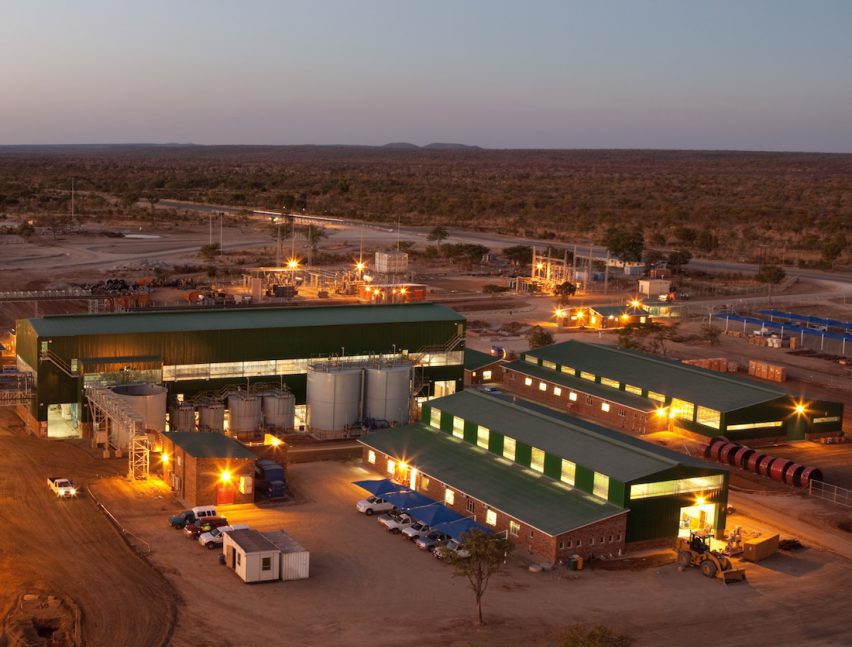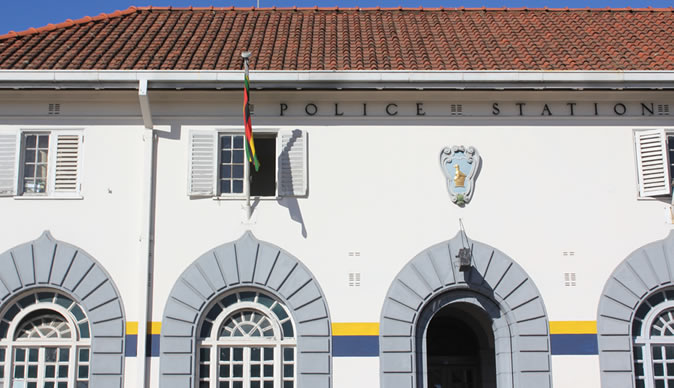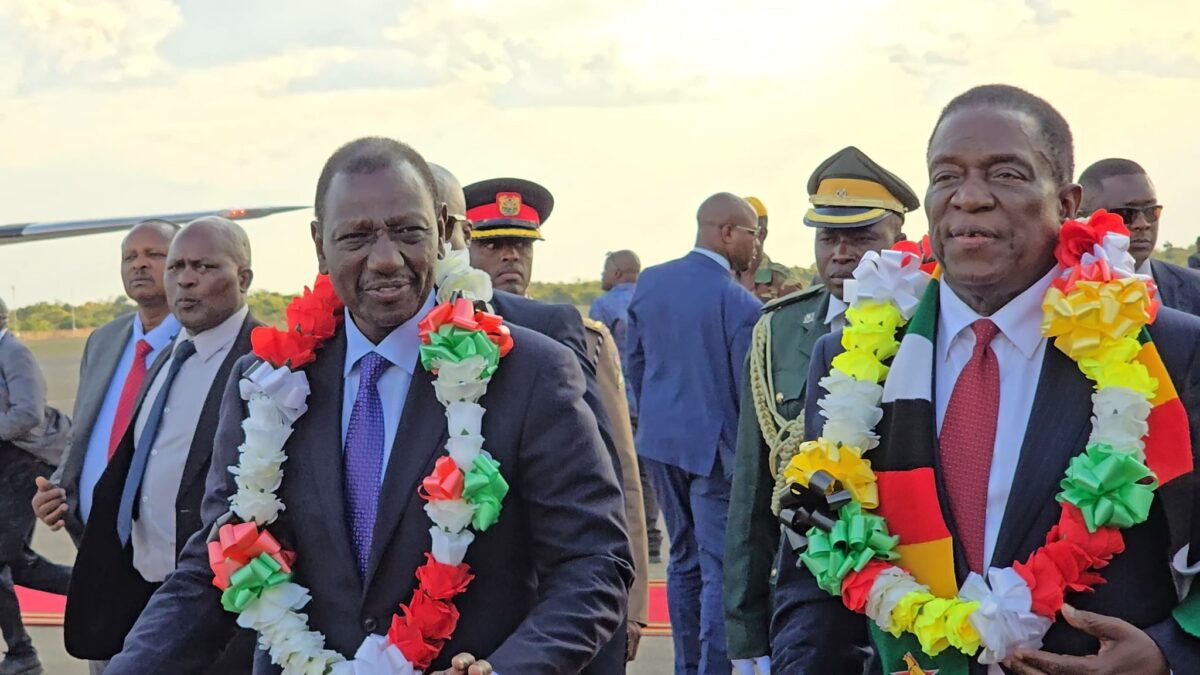JOHANNESBURG, South Africa – Impala Platinum said it was offering voluntary job cuts to workers at some of the world’s deepest platinum mining shafts in South Africa in a bid to cut costs as prices for the metal fall.
The Johannesburg-based platinum miner started the process at its head office last month, and is now extending the exit packages to its sprawling Rustenburg mining complex in North West province, company spokesperson Johan Theron told Reuters.
He declined to say how many jobs the company expects to cut and how much money it plans to save.
“We are obviously doing everything to reduce costs,” Theron said. “Labour is a big cost component so you always start with labour by offering voluntary separation packages.”
The price for palladium has plunged nearly 40 percent so far this year while primary metal platinum is down 14 percent. Demand for particularly palladium has been hit by weakening demand in China.
Longer term, demand for the metals which are used in catalysts that curb vehicle emissions, is threatened by rise in battery electric vehicles.
“We find ourselves asking how supply will respond in the face of weak prevailing prices,” BofA Securities analysts said in a note. “With cash flow under pressure at many mines, we see shutdowns or even permanent closures as likely.”
Impala rival Sibanye Stillwater said last month it plans to cut more than 4,000 jobs and close some of its old platinum mining shafts that are running out of commercially viable ore. Anglo American said in October it is weighing job cuts at its head offices in South Africa and across the globe in a bid to save costs.
South African platinum mining shafts are among the world’s deepest, oldest and most expensive to operate. Impala’s Rustenburg mines are “scrapping by for now” and further action could be taken if prices remain low, Theron said.
“The shafts are not making money, but they are not losing money either, they are just getting by,” Theron said.
Impala is also weighing postponing planned spending at some expansion projects at its Zimplats and Mimosa units in Zimbabwe as well as Two Rivers and Marula mines in South Africa.
“We are in a process to reset the organisation for a lower price environment,” Theron said. “If all the initiatives don’t take you to a point where you can survive, you have to do more.” – Reuters
















